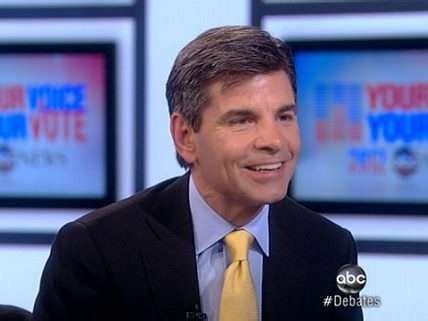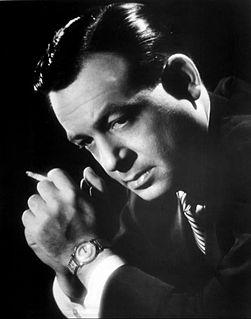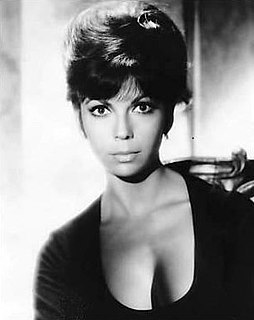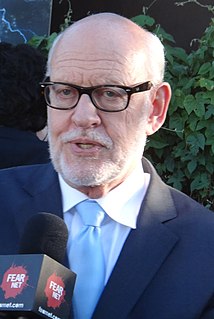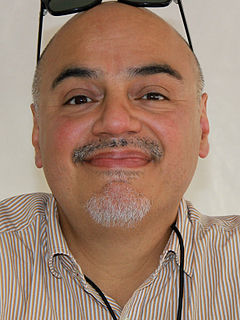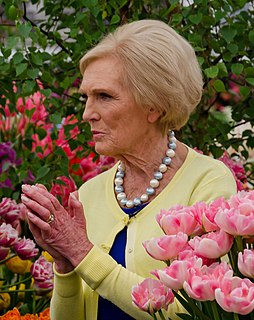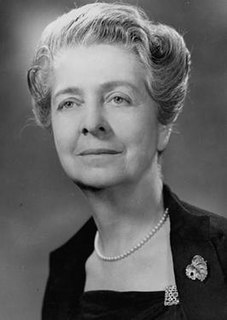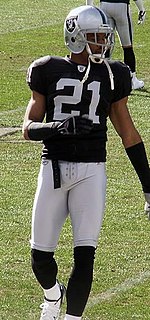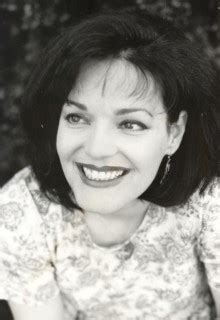A Quote by David Harsanyi
As with most people, my ideology and my attitudes about life were informed by parents and family.
Related Quotes
The strange thing about my life is that I came to America at about the time when racial attitudes were changing. This was a big help to me. Also, the people who were most cruel to me when I first came to America were black Americans. They made absolute fun of the way I talked, the way I dressed. I couldn't dance. The people who were most kind and loving to me were white people. So what can one make of that? Perhaps it was a coincidence that all the people who found me strange were black and all the people who didn't were white.
I'm most proud of my kids, for one, and my family and my parents. Outside of that - what am I proud of? I don't know. I don't look back, I just go forward. I'm just proud of the fact that my parents were immigrants and we had nearly nothing, and all of the sudden, with the help of a lot of people and my parents as a model, I amounted to something. And I'm doing some very decent work.
People have a comic bent or an angularity to their thinking, and those are the people who make jokes. And it's usually people who were in an environment, when they were young, where jokes were at a premium, or at least considered important to a life. My parents always listened to the comedy radio shows, we went to the comedy movies, and my parents appreciated comedy. So kids listen and follow what their parents like.
What interested me most about the Kennedys was the family situation. Somehow, they had created this family that lasted over time, they had a sense of connection to one another. Especially now, when people are spread all over the country and they don't see grandparents and parents, this family bonded together.
I was brought up to believe that it's family first. Of all the people my parents knew, the family was most important. You always turn to your family, and the family supports you. We do what we can to support our young and go and see the grandchildren if they're doing plays at school and their sports events.
You know, people see [August: Osage County], and I tell them that it's based on my family, and they assume that I came from some kind of horrible, hysterical circumstances. That's not true. My family, my nuclear family, was actually very close. My mom and dad were great parents and they encouraged a real rich, creative life for me and my brothers. My extended family, like every family, has some darkness, and some violence of some kind, emotional or otherwise, in their past.
The four of us enjoyed a most wonderful family atmosphere filled with love and reciprocal devotion. Both parents were highly cultured and instilled in us their high appreciation of intellectual pursuit. It was, however, a typical Victorian style of life, all decisions being taken by the head of the family, the husband and father.
